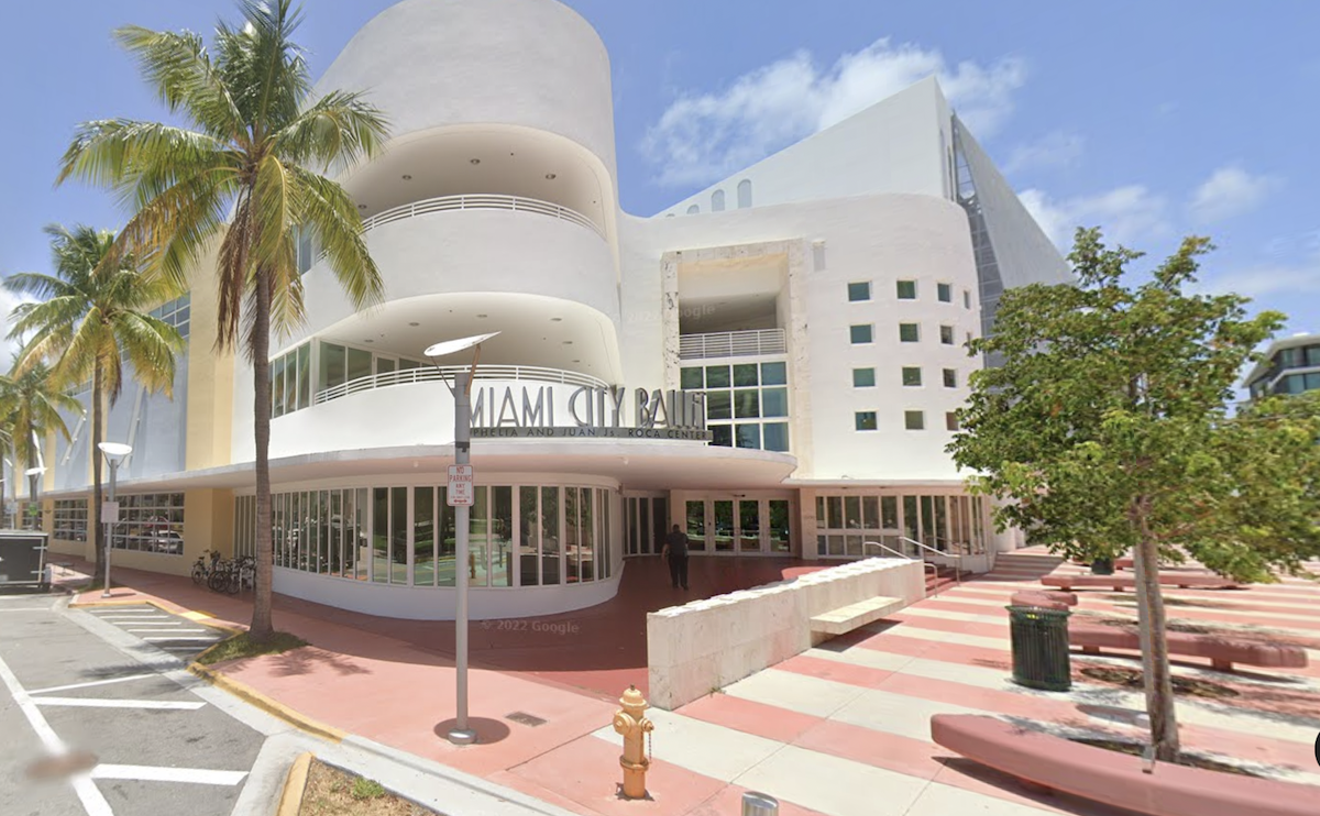But a lawsuit filed in Miami federal court last week alleges that hotel employees aren't getting anything close to a fair cut of the ostentatious wealth flowing through the property. A former employee named Cassandra Hayes sued the hotel owners last week, alleging that the W Hotel is systematically failing to pay employees basic minimum wages, as well as regularly forcing some employees to work off the clock. She's asked the judge to certify a class-action suit on behalf of other workers.
"Defendants knew Plaintiff’s work schedule and showed reckless disregard in following the provisions of the FLSA [Fair-Labor Standards Act] concerning the payment of minimum wages and tipped-credit employees as required by the FLSA and the Florida Constitution," Hayes' suit reads.
A spokesperson from Marriott declined to comment today, stating the company does not comment on pending litigation. (Hayes' lawyer did not respond to a message from New Times.)
This is not the first time the W South Beach has been accused of unfair pay: A 2012 New Times investigation noted that an employment agency working at the W had been sued for allegedly hiring Filipino housekeepers and paying them just $6 per hour with no overtime. (The suit alleged the agency owners threatened to deport anyone who complained.) The agency placed workers at a number of high-end South Florida establishments, and the W South Beach cut ties with the contractor after the company was sued in federal court.
In the new lawsuit, Hayes says she worked as a "beach server" greeting guests and serving food and drinks at the W's restaurants while also performing "general cleaning duties." But the suit says that instead of paying the minimum wage, the hotel claimed what's known as a "tip credit" in order to pay employees less than the federal and state minimums.
Hayes reported she was paid a base $7.31 per hour for her work. Florida's minimum wage is currently $8.25 per hour. Someone working a 40-hour week under the lower salary Hayes said she received would earn $292.40 before taxes, while the minimum wage would pay $330.
In some cases, it's legal for employers to claim a "tip credit" and pay workers less than minimum wage if business owners can prove their employees make the difference up in tips. To legally claim a "tip credit," employers must prove their employees make at least $30 per month in tips and
Instead, Hayes alleges, the W Hotel docks employee pay without warning anyone, and then pools every employee's tips and distributes them among the staff — even to nontipped employees, including managers and other "non-service employees." Hayes said there are approximately three shifts of 12 workers in her position, which means "more than 40" workers are impacted by the supposedly unfair pay.
Her suit also alleges that the hotel stole hours of work from servers each week; while employees waited to "cash out" at the end of their shifts, Hayes says management would habitually clock them out for up to an hour each day. Yet the employees were still forced to do chores like cleaning the restaurant, she says, despite being off the clock. The company also deducted $60.48 to pay for her work uniform, Hayes says.
Fair-pay issues plague Miami Beach, so much so that former Mayor Philip Levine led a charge to raise the city's minimum wage to $13.31 per hour in 2016. Unfortunately, state law forbids cities from setting their own minimum wages, and the state's overwhelmingly Republican Legislature seems particularly hostile to worker's issues, labor-rights laws, service unions, and fair pay.
In an extremely friendly deal with the nation's largest corporations, Gov. Rick Scott and the Florida Retail Coalition, a trade group that represents Walmart, Target, Disney, Home Depot, and other retail giants, filed a joint lawsuit to kill Levine's wage hike. Levine has since lost multiple appeals, and his chances with the Florida Supreme Court do not look good. (Levine is now running for governor and promises to raise the statewide minimum wage to $15 per hour.)
Meanwhile, the service, housekeeping, and janitorial workers who maintain Miami Beach's luxury hotels overwhelmingly cannot afford to live nearby, thanks to skyrocketing rents and a near-total lack of affordable housing. The Miami Herald in 2017 profiled multiple low-wage hotel workers who were forced to commute on buses for three or four hours per day to get to work.
And if that weren't enough, Hayes says she didn't even get the paltry minimum she was supposed to be working for.
Hayes "was entitled to receive federal and Florida minimum wages," the suit says. "Defendants failed to pay federal and Florida minimum wages to Plaintiff."












